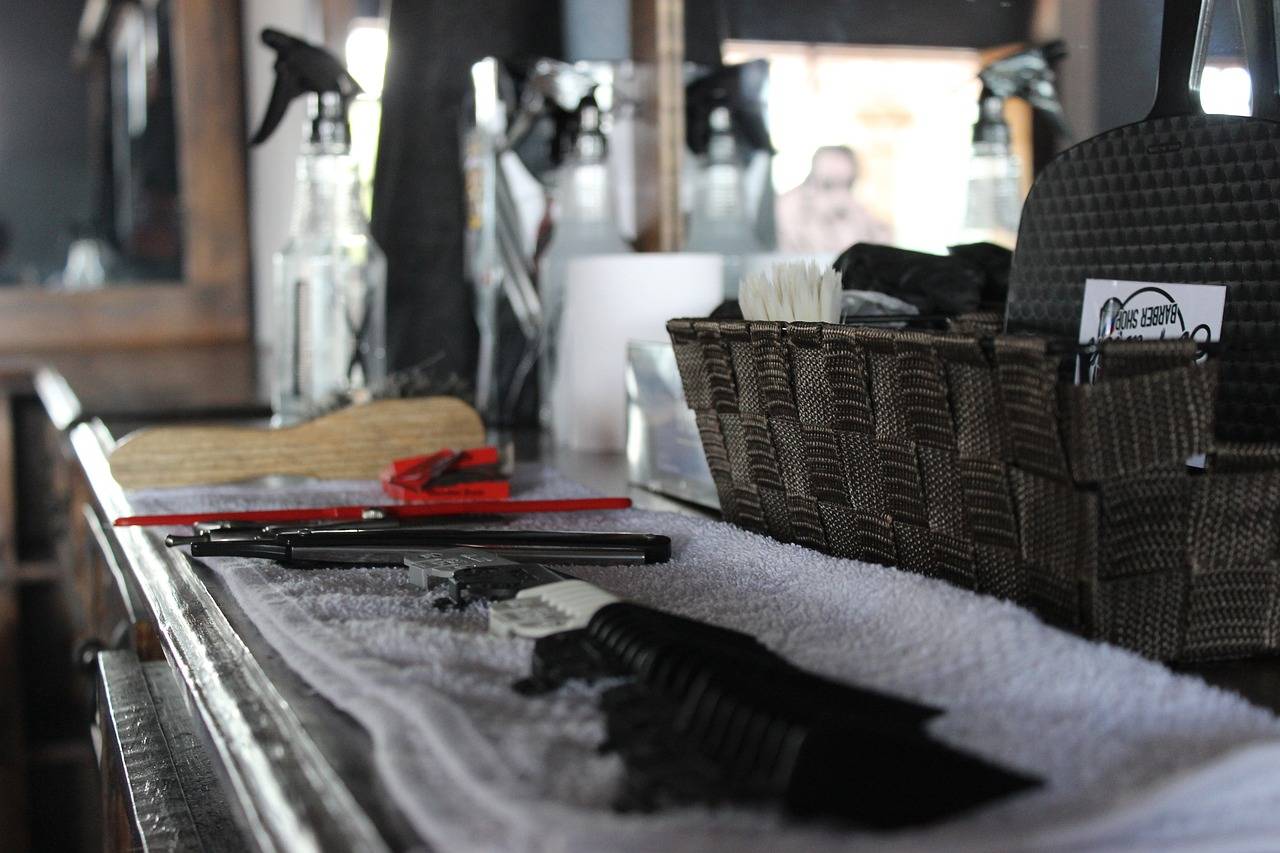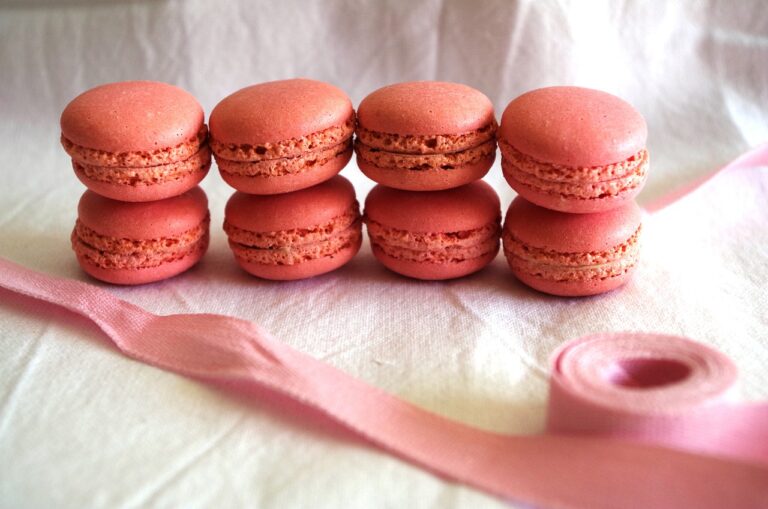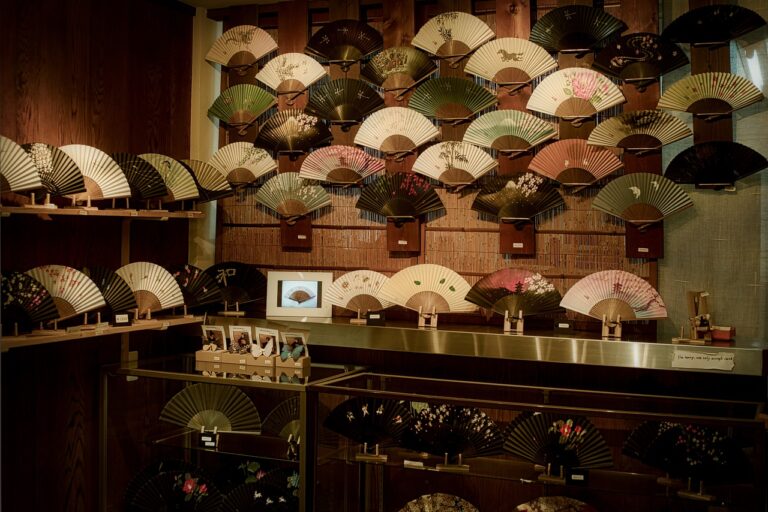The Influence of AR Filters on Beauty Product Sales
Augmented Reality (AR) filters have revolutionized the beauty industry by allowing users to virtually try on different makeup looks and hairstyles using their smartphones or other devices. These interactive filters use advanced technology to overlay digital elements onto real-time images or videos, providing a fun and convenient way for consumers to experiment with various beauty products without physically applying them.
Furthermore, AR filters have become a popular marketing tool for beauty brands to showcase their products and engage with their target audience in a more personalized and interactive manner. By offering virtual try-on experiences through these filters, companies can create a more immersive shopping experience for consumers, helping them make more informed purchasing decisions and increasing brand loyalty.
Impact of AR Filters on Consumer Perception of Beauty Products
Consumers today are increasingly turning to augmented reality (AR) filters to experiment with different beauty products virtually before making a purchase. By providing a realistic yet customizable preview of how a product would look on them, AR filters offer a more interactive and engaging shopping experience. This technology has the potential to revolutionize the way consumers perceive and engage with beauty products, allowing for a more informed and confident purchasing decision.
AR filters not only allow consumers to visualize products on themselves in real-time but also enhance their overall shopping experience by offering a fun and innovative way to try out different looks. This interactive tool not only boosts consumer engagement but also builds brand loyalty by creating a personalized and memorable experience for users. As AR technology continues to advance, it is likely to play an increasingly significant role in shaping consumer perception of beauty products and influencing their purchasing behavior.
What are AR filters in the beauty industry?
AR filters, or augmented reality filters, are digital overlays that can be applied to photos or videos to alter appearance, such as adding makeup or changing hair color.
How do AR filters impact consumer perception of beauty products?
AR filters allow consumers to virtually try on products before purchasing, which can help them make more informed decisions about their beauty purchases.
Do AR filters accurately represent how products will look in real life?
While AR filters can give a general idea of how products will look, they may not always provide a completely accurate representation due to differences in lighting and skin tones.
Are consumers more likely to buy beauty products after using AR filters?
Studies have shown that consumers are more likely to purchase beauty products after using AR filters, as they feel more confident in their choices after virtually trying on the products.
How can beauty brands utilize AR filters to enhance consumer perception?
Beauty brands can use AR filters to create immersive and interactive experiences for consumers, allowing them to engage with products in a more personalized way.





